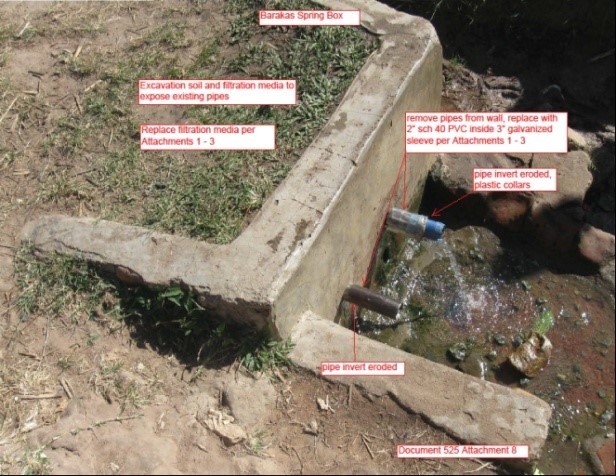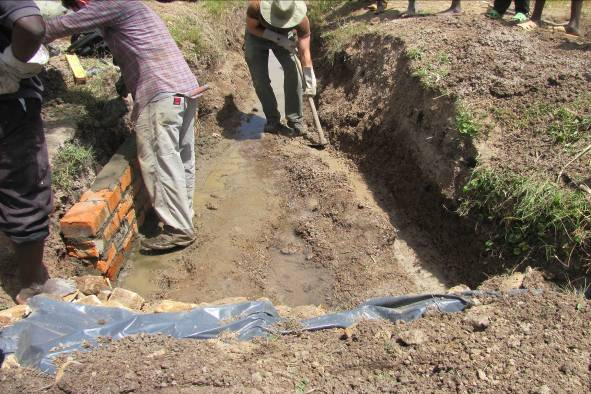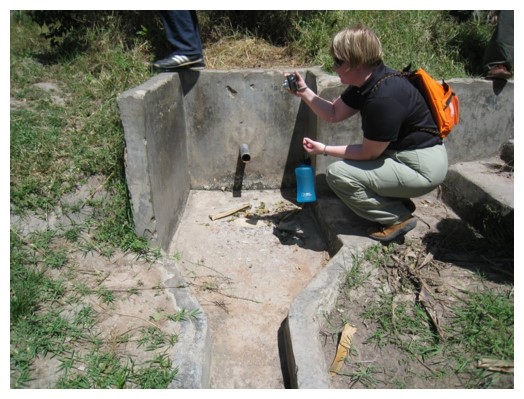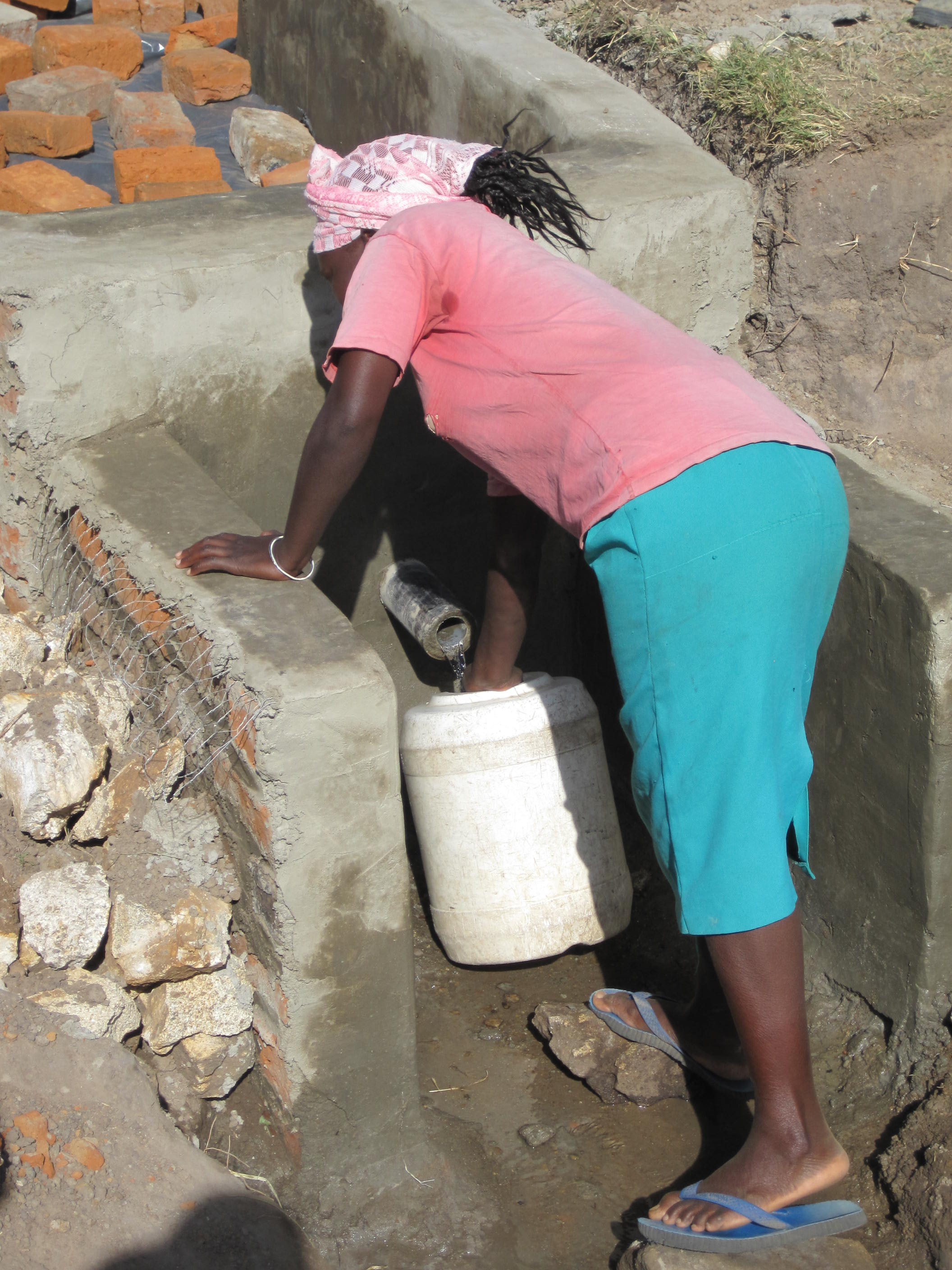Mayanja, Kenya
Project Summary
The Mayanja-Kibuke community in Kenya was unable to provide safe drinking water for its residents at the point of collection. Their system included spring boxes & private wells & up to 90% of those were not safe. Water borne illnesses was the most common ailment in the community with the few, safe water supplies are very remotely located from the center of the community.
The EWB Indianapolis Professional Chapter started working with community leaders in 2010 to help educate & train their leaders to build new or rehab existing spring boxes in proper locations. Since it was the first project undertaken by EWB Indianapolis Professional Chapter, EWB Chicagoland Professional Chapter provided technical and administrative support.
The Community
A village of subsistence farmers on the outskirts of Bungoma with a community population of approximately 800 people
The Need
Protected and safe water supplies are needed to replace water kiosks resulting from international development funds that have fallen quickly out of service due to a variety of reasons including due to vandalism, pump thefts, lack of funds and lack of knowledge
Current water supplies need to be replaced by safe, consistent water supplies to reduce water-borne illnesses which are the most common ailment in the community
EWB-CPC Involvement
2010 – EWB Indianapolis Professional Chapter partners with EW-CPC and First Assessment Trip is taken
2012 – First Implementation Trip
Constructed initial spring box
Rehabilitated two existing spring boxes
Educated & trained leaders to build new or rehab existing spring boxes in proper locations.
2013 – Implementation Trip
Collected water samples to assess the quality of the water produced from the spring box
Constructed a second and third spring box with the help of 23 community members
2014 – Assessment Trip
EWB-CPC’s involvement came to an end as the wells were determined to have met the requests of the community.
The projects directly benefited a community of 800 people and indirectly affects 5,000 people. In total EWB designed and constructed of approximately one dozen springboxes throughout the community, which were still functioning during the 2017 follow-up assessment trip.





